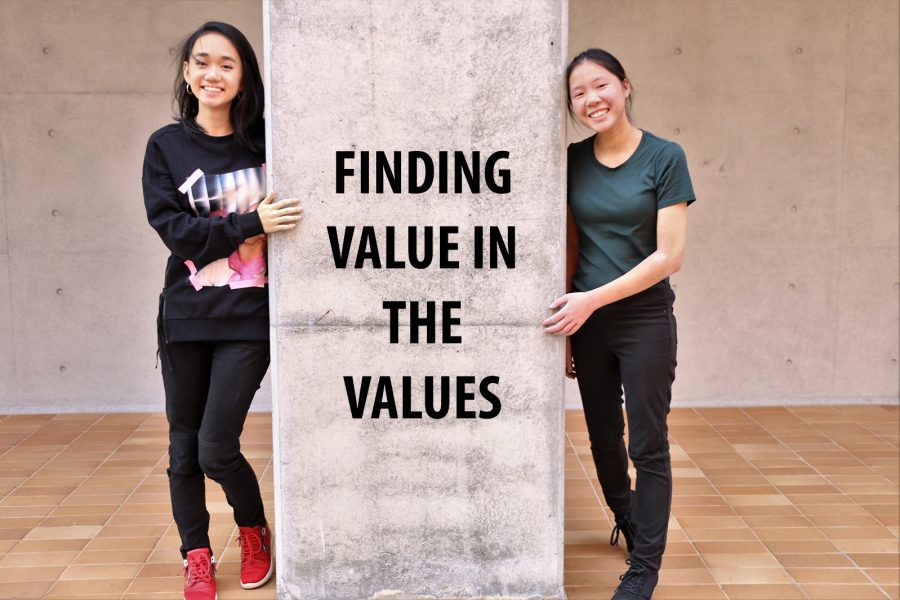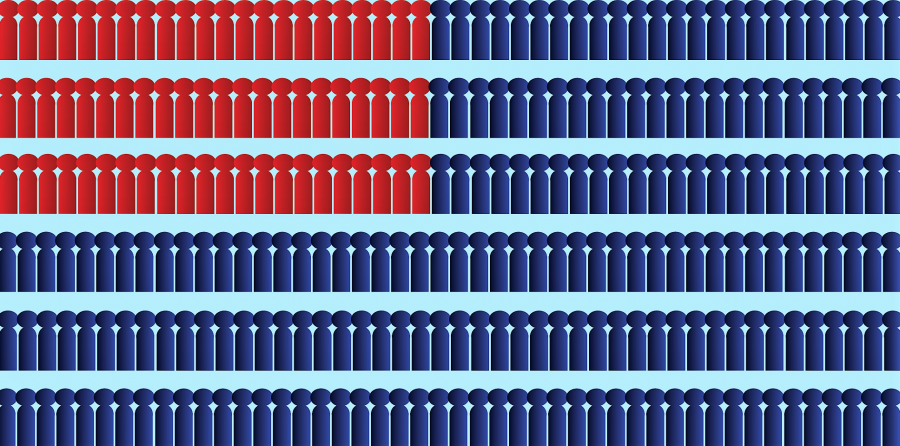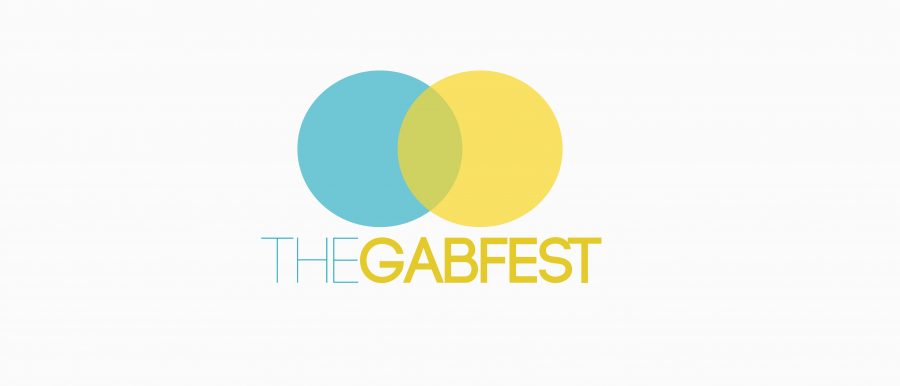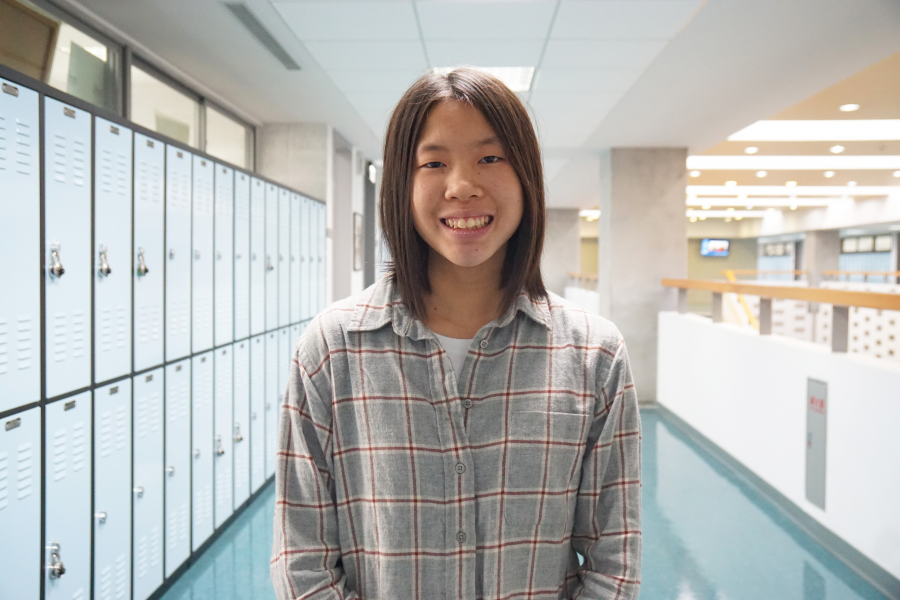Despite 2016 being a noteworthy year in politics and news the TAS community, sheltered within its own bubble of safety, is mostly oblivious to its surroundings. Maybe we have been told this time and time again- that we are privileged and luckier than we can possibly imagine. Other than a some passionate individuals, it is surprising how many students are unaffected by even the most tragic and ruinous events. It appears that as long as things are happening far away they don’t exist or matter. Most students, especially myself, are guilty of thinking this way – but it’s understandable considering the environment we grew up in. At school, we are isolated by American culture within a predominantly Asian society, and the mix between the two causes a sense of detachment to both. Most of us have known a different sort hardship in comparison to others. There is no possible way to fully understand the extreme privilege we have to have grown up taking for granted, but it’s not hard to get the idea.
Admittedly, it is a lot to ask for some teenagers to self-educate and care about everything that’s going on worldwide when it’s not necessarily going to change the situation itself. Nevertheless, we should all ask if we can be proud of the things we care about. Celebrity news and the NBA season get a lot of attention; if a fraction of that time could possibly be opened up to caring about the world, it would make a difference. It’s important to know where your community stands in comparison to the rest of the world.This awareness will enable politically savvy citizens to make informed decisions and contribute to society, which would be a positive impact for the whole world.
Exposure to quality news is also particularly limited in this age: Buzzfeed, Facebook pop ups and Snapchat feature stories are some of the most easily accessed resources. Picking up a phone and mindlessly scrolling around when bored has made these the fastest and most common news sources. The problem is, this particular combination restricts the amount of news covered. As Buzzfeed and Snapchat are entertainment based platforms, their purpose is to amuse rather than inform. Their pop culture quizzes and videos are more of its main purpose. Similarly, a Facebook video that has been repeatedly shared and liked is usually only a small window into the big situation, providing a snippet of action instead of a complete picture. So, most of the news we receive, then attempt to process, surround a short list of topics that require little to no background knowledge to understand. The way people view Trump versus Clinton is a prime and popular example of this. Worldwide, viewers have seen their debates and headlines, especially about Trump. His bold statements are always being judged because not much historical and political background is required to understand a sexist or racist comment. On the other hand, policies and their potential outcome are much harder to grasp.
To an extent, the politics we choose to understand aren’t simple – they’re simplified. Whatever can’t be simplified is usually disregarded. If we all disregarded the what we didn’t understand, what is left is merely a skeleton – bare and incapable of representing what is truly there. It would be encouraging to see our generation want to understand more about politics in a way that isn’t easy and isn’t just black or white.


![A myriad of impressive trophies and awards. [ANNABELLE HSU/THE BLUE & GOLD]](https://blueandgoldonline.org/wp-content/uploads/2025/09/Awards2-1200x512.jpeg)
![Students' calendars say goodbye to exam week. [ANNABELLE HSU/THE BLUE & GOLD]](https://blueandgoldonline.org/wp-content/uploads/2025/09/Exam-week-1200x740.jpg)
![A collection of college flags. [PHOTO COURTESY OF AMBER HU ('27)]](https://blueandgoldonline.org/wp-content/uploads/2025/05/IMG_5029-1200x577.jpeg)

![An SAT word cloud. [PHOTO COURTESY OF WORDCLOUDS]](https://blueandgoldonline.org/wp-content/uploads/2025/05/SAT.jpeg)
![Collage of banned books, including “The Handmaid’s Tale” by Margaret Atwood. [MINSUN KIM/ THE BLUE & GOLD]](https://blueandgoldonline.org/wp-content/uploads/2025/04/IMG_4274-1200x681.jpeg)





